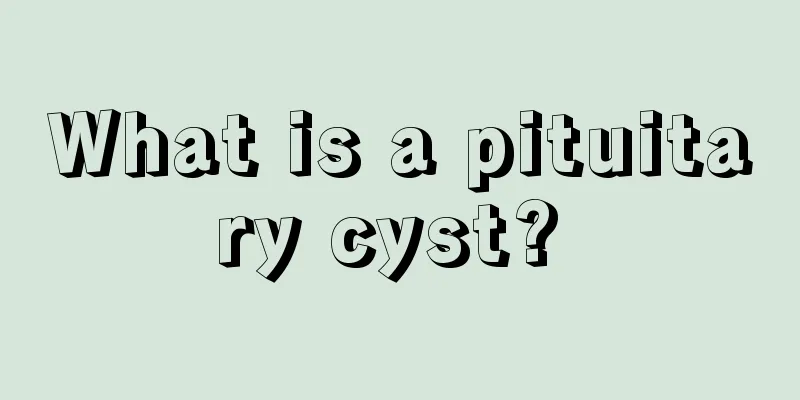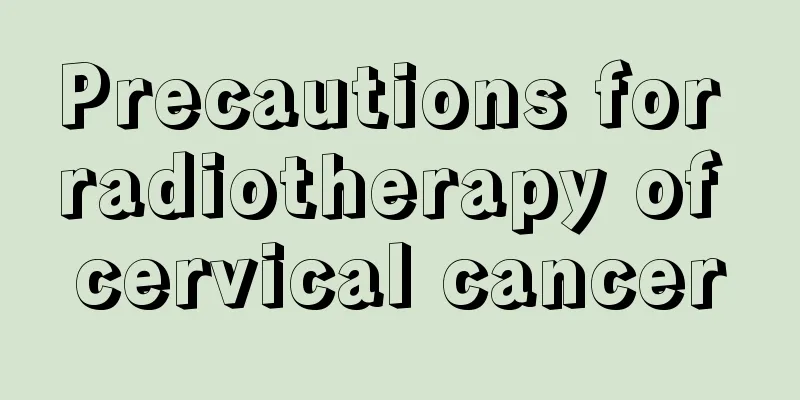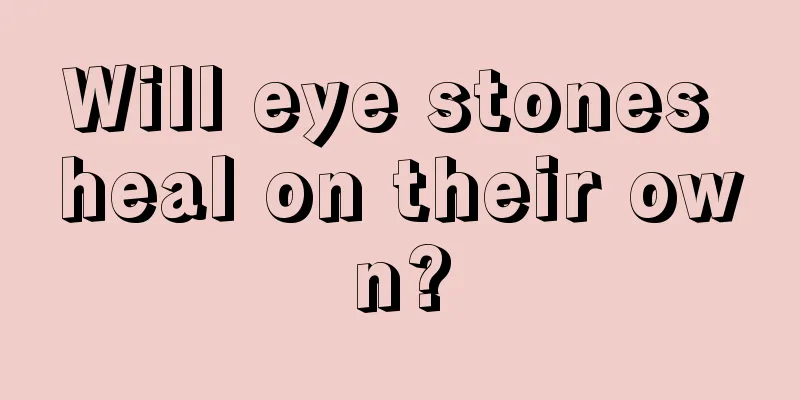What is a pituitary cyst?

|
The pituitary gland is the most complex endocrine gland in the body. If a pituitary cyst occurs, it can cause serious damage to the health of the body if it is serious. Generally, pituitary cysts do not have obvious symptoms and do not threaten the patient's health. Only a few will show symptoms. When a pituitary cyst affects the patient's physical health, surgical treatment is generally required. 1. What is a pituitary cyst? Pituitary cyst, professionally called pituitary Rathke's cyst or pituitary colloid cyst. It is a cyst containing cystic fluid that grows in the middle of the pituitary gland. It is a congenital, benign lesion. 2. Why do pituitary cysts occur? Is the incidence high? When the human embryo develops to 4 weeks, the buccal alveolus of the digestive tract develops into a diverticulum-like structure called Rathke's pouch. At 11-12 weeks, the anterior and posterior walls of the sac proliferate, forming the anterior and middle parts of the pituitary gland. However, a small cavity may remain in the middle part of the pituitary gland. Later in the development process, this cavity is gradually filled with epithelial cells. In a few people, this cavity remains. When the secretion in the cavity increases significantly, the cavity may expand to form a larger cyst, namely Rathke cyst. The incidence of pituitary cysts is about 13% to 22%, which is about one fifth. However, don't worry, the vast majority of Rathke cysts do not cause any symptoms and are not a problem. 3. What symptoms does a pituitary cyst cause? Only a small number of pituitary cysts cause symptoms, the most common of which include headaches, pituitary endocrine dysfunction, and visual dysfunction. 4. What tests should be done if a pituitary cyst is suspected? A plain scan plus an enhanced scan of the brain's sellar region can confirm this. In addition, endocrine hormone levels and visual field should be checked. 5. Which pituitary cysts do not require treatment? Most pituitary cysts are discovered during physical examinations or accidentally and do not have any symptoms. We call them asymptomatic pituitary cysts. In this case, no treatment is required, only follow-up observation. 6. Which pituitary cysts require treatment? Only a few pituitary cysts can cause headaches, endocrine dysfunction, and visual field changes. We call them symptomatic cysts, which require surgical treatment. |
<<: What are the clinical manifestations of lumbar cysts?
>>: What are the symptoms of liver cysts?
Recommend
Is the residential power distribution room harmful to people?
As the population grows, the real estate developm...
What to do if the fingertips peel and crack
Peeling and cracking of the fingertips is a commo...
What are the common symptoms of lung cancer? Be careful of these symptoms of lung cancer
The early symptoms of lung cancer are very compli...
How to feed a newborn baby in the first month?
Babies within one month of birth usually eat almo...
What to do with endometrial cancer? There are two aspects of treatment
There are two main aspects of endometrial cancer ...
What's wrong with a rough tongue
For us humans or other creatures, having a tongue...
How to control oily hair
Since male friends have shorter hair, they basica...
What to do if you can't pull out a thorn in your foot
The skin on the soles of the feet is relatively h...
Why is it easy to get rhinitis in autumn
Rhinitis is a common nasal inflammation. Common s...
How to treat stomach pain symptoms?
There are many reasons for stomachache. It may be...
How long can colon ca live
Colon cancer is considered a relatively mild form...
What are the common examination items for osteosarcoma
Although patients have to undergo many tests ever...
What are the main factors that make pituitary tumors prone to recurrence?
There is a certain chance of recurrence after tre...
Can I eat longan in the late pregnancy?
Many expectant mothers in late pregnancy believe ...
Are white mushrooms poisonous?
Mushrooms have extremely high nutritional value a...









